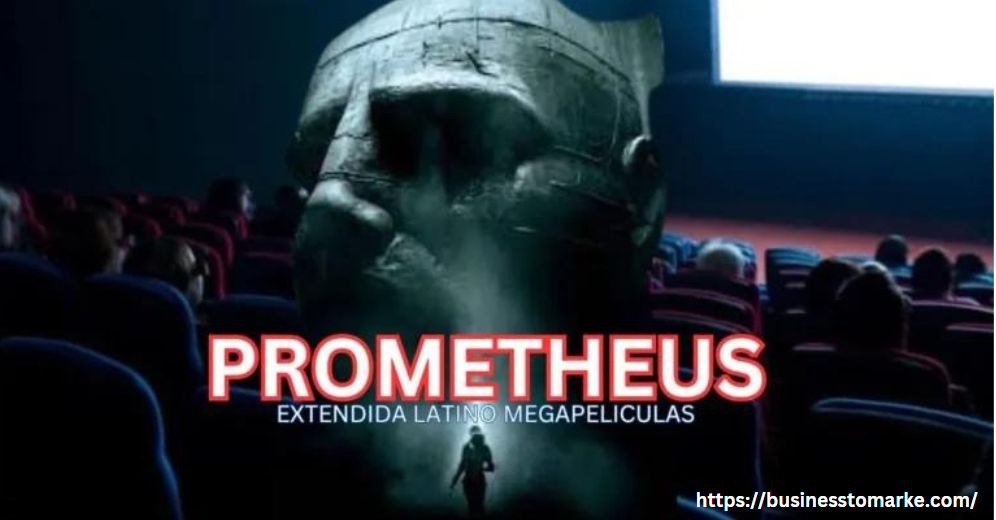The Extended Prometheus in Latin American Culture

Introduction to Prometheus
Prometheus, the fire-bringer, is a figure of rebellion, enlightenment, and sacrifice in Greek mythology. His enduring legacy transcends cultures, resonating deeply within Latin American societies. This article explores how the myth of Prometheus has been reinterpreted and extended within Latin American culture, influencing literature, art, political movements, and more.
The Myth of Prometheus
Prometheus, one of the Titans in Greek mythology, is best known for defying Zeus by stealing fire from the gods and giving it to humanity. This act of defiance symbolizes the quest for knowledge and the struggle against oppression. In Greek culture, Prometheus represents both the suffering and the potential of human ingenuity.
Prometheus: Symbol of Rebellion and Enlightenment
Prometheus embodies two powerful themes: rebellion against tyranny and the pursuit of knowledge. These themes have universal appeal, finding echoes in various cultural contexts around the world. Prometheus’ defiance of Zeus is often seen as a metaphor for challenging the status quo and advocating for progress.
Latin American Cultural Context
Latin America, with its rich tapestry of history, politics, and diverse cultures, has a deep tradition of myth and storytelling. The region’s complex socio-political landscape makes it fertile ground for the myth of Prometheus to take root and evolve, symbolizing resistance against colonialism, dictatorship, and social injustice.
Prometheus in Latin American Literature
Prometheus has significantly influenced Latin American literature. Renowned authors like Jorge Luis Borges, Gabriel García Márquez, and Pablo Neruda have drawn inspiration from the Titan’s story. Borges’ works, for instance, often explore themes of knowledge and rebellion, resonating with the Promethean spirit.

Prometheus in Art and Music
In the visual arts, Latin American artists have depicted Prometheus in various forms, often highlighting themes of struggle and enlightenment. Diego Rivera, the famed Mexican muralist, included Promethean imagery in his murals to symbolize the fight for social justice. In music, artists incorporate Promethean themes to express resistance and hope.
Prometheus and Political Movements
Prometheus serves as a potent symbol for political movements across Latin America. Leaders and activists have invoked his name to inspire resistance against oppressive regimes. For example, during the Cuban Revolution, Fidel Castro and his comrades were often likened to Prometheus, challenging the powerful and igniting change.
Prometheus in Modern Media
The influence of Prometheus extends into contemporary Latin American cinema and television. Films and series often draw on Promethean themes, depicting characters who defy authority and strive for a better future. In digital media, the myth continues to inspire new generations, with creators reinterpreting Prometheus in innovative ways.
Comparative Analysis
When compared to other global adaptations, the Latin American interpretation of Prometheus is uniquely infused with the region’s historical and cultural nuances. While the core themes of rebellion and enlightenment remain, the Latin American perspective emphasizes collective struggle and resilience against external and internal oppression.
Prometheus as a Cultural Bridge
Prometheus acts as a cultural bridge within Latin America, connecting various traditions and communities. His story serves as a unifying symbol that transcends national boundaries, fostering a sense of shared identity and purpose among diverse groups.
Educational Impact
The myth of Prometheus plays a significant role in Latin American education. It is incorporated into school curricula and academic studies, encouraging students to explore themes of resistance, creativity, and human potential. This educational focus helps keep the myth alive and relevant for future generations.
Prometheus and Religion
In Latin America, where religious beliefs are deeply ingrained, Prometheus intersects with spiritual practices and rituals. The Titan’s story is sometimes seen as a secular counterpart to religious narratives, offering a different perspective on sacrifice and redemption.
Prometheus in Folklore and Oral Traditions
The myth of Prometheus has been adapted into Latin American folklore and oral traditions. Stories of Prometheus-like figures are passed down through generations, evolving with each retelling. These adaptations highlight the timeless nature of the myth and its relevance to local contexts.
Prometheus in Future Latin American Culture
Looking ahead, the myth of Prometheus is poised to remain a vital part of Latin American culture. As societies continue to grapple with issues of inequality, injustice, and the quest for knowledge, new interpretations and adaptations of Prometheus are likely to emerge, ensuring his legacy endures.
Conclusion
Prometheus, the fire-bringer, has found a profound and lasting home in Latin American culture. His story of rebellion, enlightenment, and sacrifice resonates deeply with the region’s history and identity. From literature and art to political movements and education, the extended Prometheus continues to inspire and unite Latin Americans, symbolizing their enduring spirit and quest for a better future.




Leave a Comment